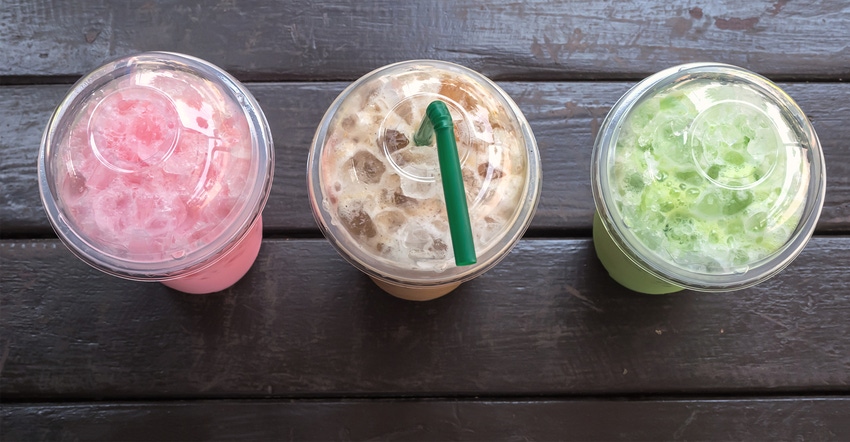Researchers found no difference in the amount of daily energy consumed by subjects who drank beverages sweetened with either sugar, Stevia, monk fruit and aspartame.
April 4, 2017

Which kind of sweet drink is most likely to lead you to eat more over the course of the day, a beverage sweetened with natural or artificial sweeteners?
Turns out, it doesn’t matter, according to a small study.
In the end, things even out in how the body reacts to sugar, Stevia, monk fruit and aspartame in terms of overall energy intake and the levels of glucose and insulin in the blood, lead author Siew Ling Tey, of the Agency for Science, Technology and Research in Singapore, said in a Springer Nature release published by sciencedaily.com. Springer Nature publishes the International Journal of Obesity, which reported the research results.
In the short-term study, 30 healthy male participants randomly consumed one of the four sweetened drinks on each of the different days of the investigation. On each test day, participants ate a standardized breakfast. Mid morning, they drank one test beverage to tide them over until lunch. An hour later they were provided with a lunch and asked to eat until comfortably full. Researchers measured their blood glucose and insulin concentrations and participants also kept a food diary of what they ate for the rest of the day.
There was no difference in the total daily energy intake among drinkers of the four different drinks, a result Tey found “surprising.” Participants either ate less after the sucrose-sweetened drink or ate significantly more to compensate for the three calorie-free drink options.
"The energy 'saved' from replacing sugar with non-nutritive sweetener was fully compensated for at subsequent meals in the current study, hence no difference in total daily energy intake was found between the four treatments," said Tey. "It appears that the source of non-nutritive sweeteners, whether artificial or natural, does not differ in its effects on energy intake, postprandial glucose and insulin.”
As research and the media continue to reveal how sugar negatively impacts our health, opportunity grows for sugar alternatives.
You May Also Like


